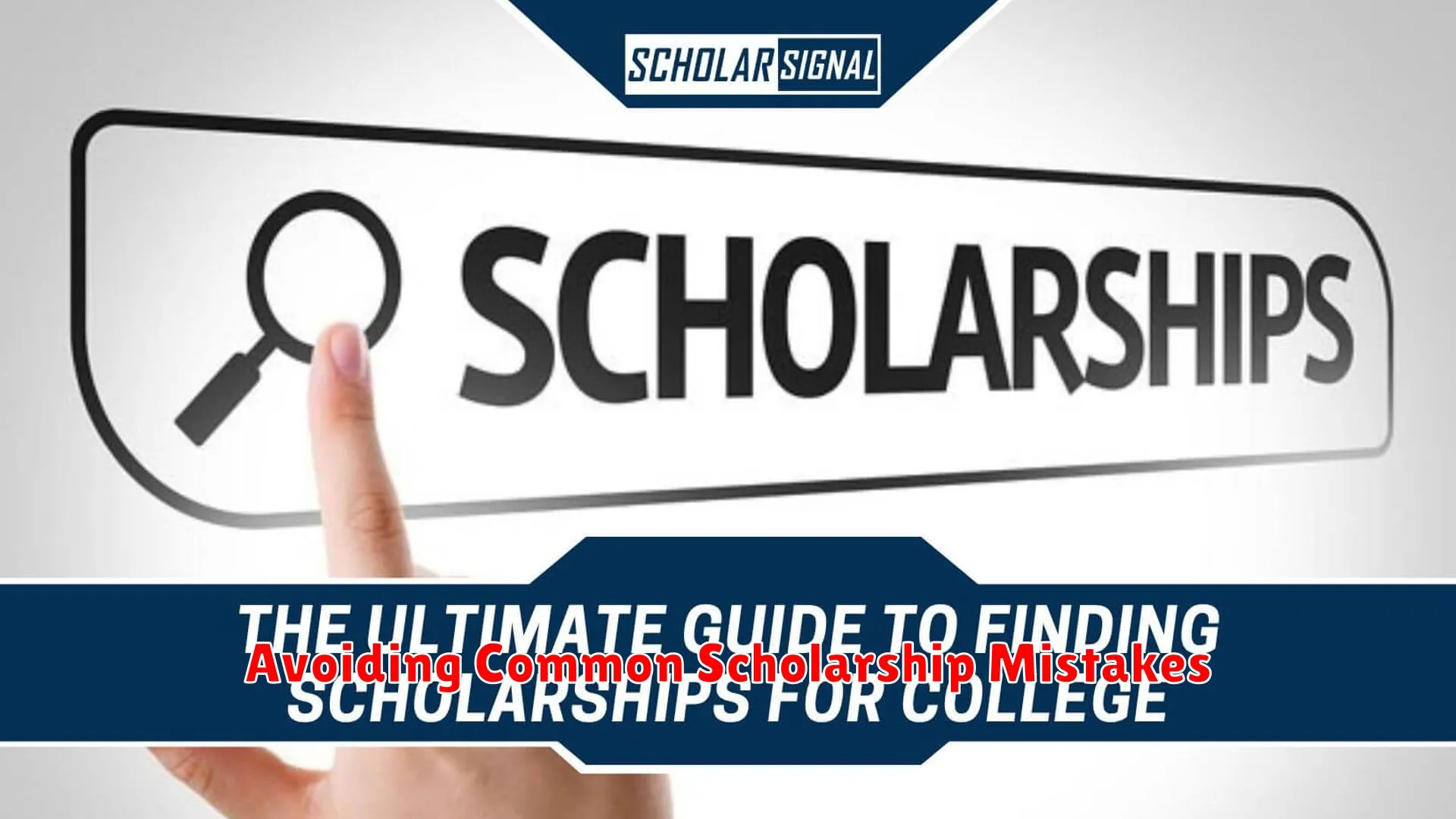Discover insider tips and expert advice on how to secure a scholarship to study in Europe. Learn about key application strategies, top scholarship programs, and essential resources in “The Ultimate Guide to Landing a Scholarship in Europe.”
Exploring European Scholarship Types

When it comes to pursuing a scholarship in Europe, understanding the various scholarship types available is crucial. European scholarships offer a wide range of opportunities for students seeking financial aid to pursue their academic aspirations. Here are some common types of scholarships you may encounter when exploring scholarship options in Europe:
1. Merit-Based Scholarships
Merit-based scholarships are awarded to students based on their academic achievements, extracurricular activities, and other accomplishments. These scholarships recognize students for their outstanding performances and provide financial support for their studies in Europe.
2. Need-Based Scholarships
Need-based scholarships are awarded to students who demonstrate financial need. These scholarships aim to provide support to students who may not have the financial means to pursue higher education in Europe without assistance. Applicants are required to demonstrate their financial need through various documentation.
3. Research Scholarships
Research scholarships are designed for students pursuing research projects or doctoral studies in Europe. These scholarships often support students in their research endeavors, covering tuition fees, living expenses, and research costs. Research scholarships can be a great opportunity for students looking to advance their academic research in European institutions.
4. Government-Funded Scholarships
Many European countries offer government-funded scholarships to international students. These scholarships are often sponsored by government bodies or educational institutions and cover a wide range of academic disciplines. Government-funded scholarships provide support to students from various backgrounds and nationalities.
5. Fully Funded Scholarships
Fully funded scholarships cover tuition fees, living expenses, travel costs, and other expenses related to studying in Europe. These scholarships offer comprehensive financial support to students, allowing them to focus on their studies and research without worrying about financial constraints. Fully funded scholarships are highly competitive but can be a game-changer for students seeking to pursue their academic goals in Europe.
Building a Strong Scholarship Profile

When aiming to secure a scholarship in Europe, it’s crucial to focus on building a strong scholarship profile that showcases your academic achievements, extracurricular involvement, and personal qualities effectively. Here are some key strategies to help you enhance your scholarship profile:
Earn Strong Grades
One of the most basic yet essential components of a scholarship profile is your academic performance. Strive to maintain high grades throughout your educational journey, as this demonstrates your dedication to learning and academic excellence.
Engage in Extracurricular Activities
Participation in extracurricular activities such as volunteer work, sports, clubs, or leadership roles can significantly boost your scholarship profile. These activities showcase your well-rounded nature and demonstrate your ability to manage multiple responsibilities.
Seek Out Internship or Research Opportunities
Internships or research experiences are valuable additions to your scholarship profile. Engaging in practical experiences related to your field of study demonstrates your commitment to gaining hands-on knowledge and skills.
Develop Strong Letters of Recommendation
Obtain letters of recommendation from teachers, mentors, or employers who can attest to your abilities and character. These letters provide insight into your strengths and qualities from a different perspective, adding credibility to your scholarship application.
Craft a Compelling Personal Statement
Your personal statement is your opportunity to present your unique background, aspirations, and reasons for pursuing a scholarship in Europe. Write a compelling essay that highlights your passion for your field of study and your potential contributions to the academic community.
Research and Apply to Relevant Scholarships
Conduct thorough research to identify scholarships that align with your academic goals and background. Tailor your applications to each scholarship opportunity, emphasizing how your profile matches the specific requirements and values of the funding organization.
Tips for Successful Interviews

Conducting a successful interview is crucial when applying for a scholarship in Europe. Follow these tips to ace your interview:
- Prepare thoroughly: Research the scholarship program, the organization offering it, and common interview questions. Practice your responses to showcase your qualifications effectively.
- Dress professionally: Make a positive first impression by dressing appropriately for the interview. Opt for professional attire that reflects your seriousness about the opportunity.
- Show enthusiasm: Demonstrate your passion for the field of study and the scholarship itself. Let your enthusiasm shine through your answers and body language.
- Highlight your strengths: Clearly articulate your strengths, experiences, and achievements that align with the scholarship requirements. Provide specific examples to support your claims.
- Be confident: Approach the interview with confidence and project self-assurance. Maintain good eye contact, speak clearly, and exhibit a positive attitude throughout.
- Ask thoughtful questions: Prepare insightful questions to ask the interviewers. This shows your interest in the program and helps you gather valuable information.
- Follow up: Send a thank-you email or note after the interview to express your gratitude and reiterate your interest in the scholarship. This demonstrates professionalism and courtesy.
Avoiding Common Scholarship Mistakes

When applying for scholarships in Europe, it’s crucial to avoid common mistakes that can hinder your chances of success. Here are some key tips to help you navigate the application process effectively:
1. Start Early and Stay Organized
Procrastination is one of the top reasons why many students miss out on scholarship opportunities. Begin your search and application process well in advance to give yourself ample time to gather required documents and write compelling essays.
2. Tailor Your Applications
Each scholarship program may have specific criteria and requirements. Avoid using a generic application for multiple scholarships. Tailor your essays and application materials to match the values and goals of each scholarship provider.
3. Highlight Your Achievements
Don’t underestimate the value of showcasing your academic achievements, extracurricular activities, and community involvement. Provide concrete examples of your accomplishments to impress scholarship committees.
4. Proofread Carefully
Errors in your application materials can detract from your professionalism. Proofread your essays, resume, and any other documents meticulously to ensure they are free of spelling and grammatical mistakes.
5. Seek Guidance and Feedback
Don’t hesitate to seek help from mentors, teachers, or advisors when completing your scholarship applications. Getting feedback on your essays and application materials can help you refine and strengthen your submissions.
By avoiding these common scholarship mistakes and following these tips, you can enhance your chances of landing a valuable scholarship in Europe.
Conclusion
In conclusion, securing a scholarship in Europe requires thorough research, strong academic achievements, and a compelling application. Dedication and perseverance are key to successfully landing a scholarship opportunity in Europe.

